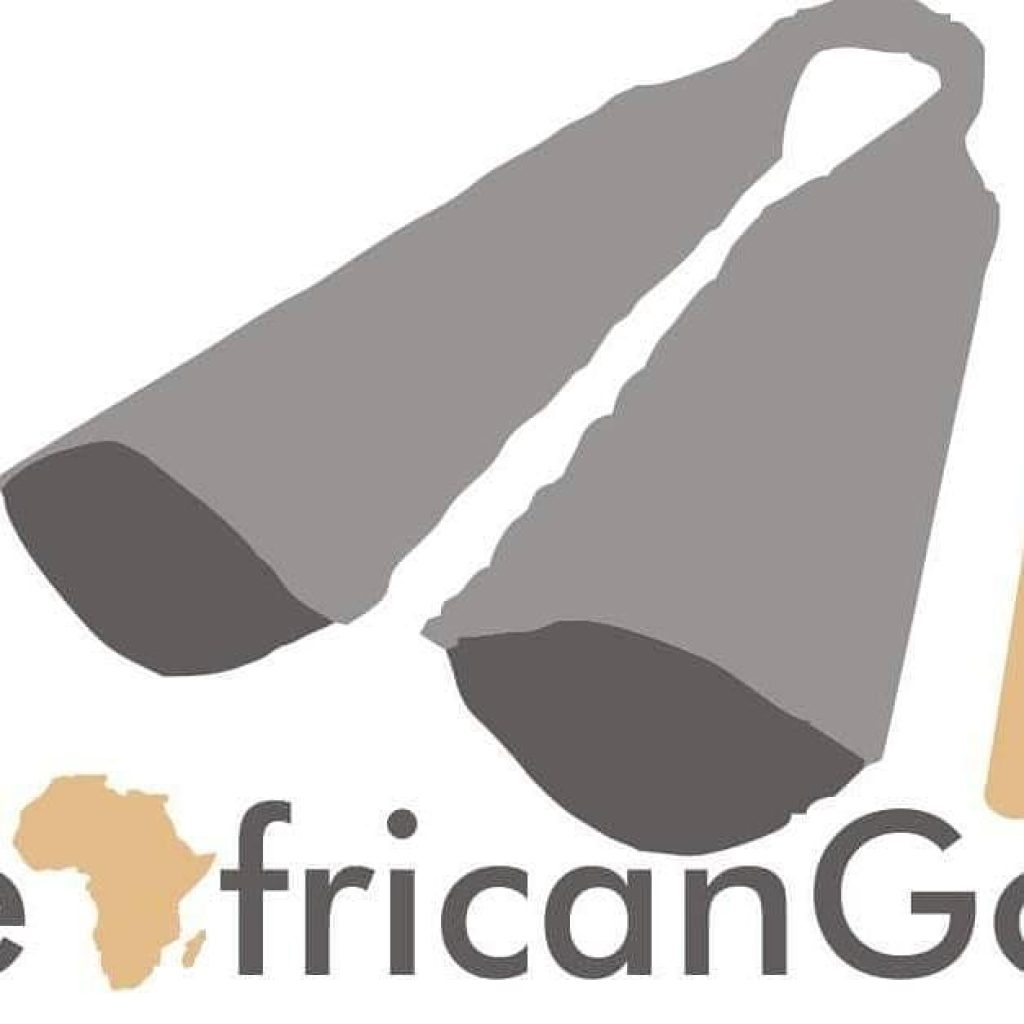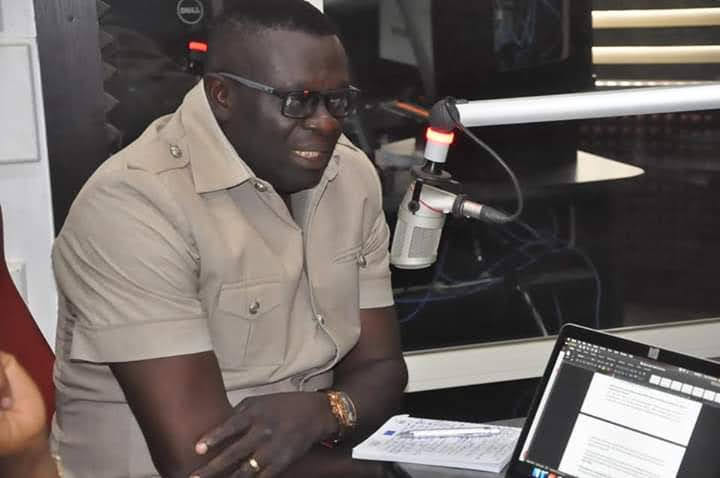
The Senior Special Assistant (SSA) to Bayelsa State Governor on Tourism and Publisher of the Blue Economy Magazine Online, Dr. Piriye Kiyaramo has said that the creation of a Ministry of Blue Economy in Bayelsa will enable the state to benefit from the estimated US$1.5 trillion per annum global acurable from the maritime sector that would provide over 30 million jobs globally, apart from being vital source of protein to over three billion people around the world.
Dr. Kiyaramo, who gave the hint while exchanging views with newsmen in Yenagoa on Friday, commended Gov. Douye Diri on his promise to create a new Ministry of Blue Economy, saying that the governor’s pronouncement during his constituency electioneering campaign at Nembe in Nembe Local Government Area, speaks volumes of Sen. Diri’s vast interest to safeguard and enhance marine and coastal health, with a view to properly positioning Bayelsa state to take full advantage of the emerging blue growth opportunities, ranging from sustainable blue energy, blue tourism, aquaculture, fisheries and blue carbon.
He further hinted that the African Union estimates that the Blue Economy currently generates nearly US$300 billion for the continent, creating 49 million jobs in the process, informing that these and other crucial benefits, notably food security, livelihoods, and biodiversity, are entirely dependent on the ocean’s health.

The governor’s aide maintained that, given Bayelsa’s vast coastline and its abundant marine resources, the proposed Ministry of Blue Economy would act as a catalyst to foster and further strengthen the holistic development of the state’s maritime industry, in a bid to harnessing the abundant and yet untapped marine resources for sustainable development which could lead to creation of jobs and wealth in the state.
Dr. Kiyaramo reiterated the urgent need to prioritise and identify specific components within the blue economy where Bayelsa has comparative advantage such as fisheries and aquaculture, maritime transport and logistics services, culture and tourism, and extractives (oil and gas, minerals and energy) as key to delivering quick and sustainable results for food security and job creation in line with global best practices.
The Blue Economy Magazine Online publisher explained further that while the Blue Economy is at the core of economic development and competitiveness of Africa’s coastal countries, unsustainable infrastructural development, coupled with inadequate management of natural habitats and resources, and pollution are threatening their productivity, citing the case of Bayelsa and other Niger Delta states.
“Bayelsa State boasts of numerous underwater cultural heritage (physical and intangible heritage underwater), including shipwrecks, sunken cities, and submerged landscapes, which make the state a potential blue tourism destination in the Gulf of Guinea.
“Our traditional ocean industries such as fisheries, tourism, maritime transport and other emerging sectors such as offshore renewable energy, aquaculture, seabed extractive activities, marine biotechnology and bioprospecting provide Bayelsa State with enormous blue chain opportunities.
“40% of the world’s population lives near coastal areas, while more than 3 billion people utilize the oceans for their livelihood, and 80% of world trade is achieved using the seas. The oceans, seas, and coastal areas contribute to food security and poverty eradication. And yet, the oceans are under severe threat by human activities, where economic profit is at the expense of environmental degradation, according to reports.
“The Blue economy is intrinsically linked to the sustainable development goals, particularly Goal 14, labelled as “Life Below Water”, emphasising concerns of conservation and sustainable use of the oceans, seas and marine resources for sustainable development, with demand for international cooperation for the oceans to get back in balance.
“Therefore, the Blue Economy basically consists of economic activities taking place below, on, or adjacent to the ocean, or aquatic systems more generally. These activities include subsistence and commercial fishing, as well as other emerging sectors such as renewable energy and blue carbon, as earlier stated.

“It also contributes to climate change mitigation through the development of renewable energies on the high seas, decarbonization of maritime transport, and ecologicalization of ports. However, how the maritime states manage their coastal and marine landscapes to spur economic growth and reduce poverty while adapting to the effects of climate change still remains a huge policy gap in most African countries,” Dr. Kiyaramo lamented.
Recall that the World Bank had estimated that the ocean contributes $1.5 trillion annually to the global economy, and expects this figure to double by 2030 and that sustainable ocean economic sectors are estimated to generate almost 50 million jobs in Africa and to contribute $21 billion to Latin American GDP.

